So, you’ve spent months nurturing your garden, and now you’re rewarded with an abundance of fresh herbs. These fragrant green leaves are a gardener’s pride and a chef’s delight. However, even after sharing with friends and incorporating them into every meal imaginable, there’s more than you can use before they wilt away. What to do? Fear not, as this post will guide you through a variety of effective methods to preserve those precious herbs for future culinary adventures. From traditional drying to making your own herb oils, there’s something for everyone. This comprehensive guide is set to arm you with the knowledge you need to make those garden herbs last longer and serve you better.
Contents
The Importance Of Choosing The Right Herbs
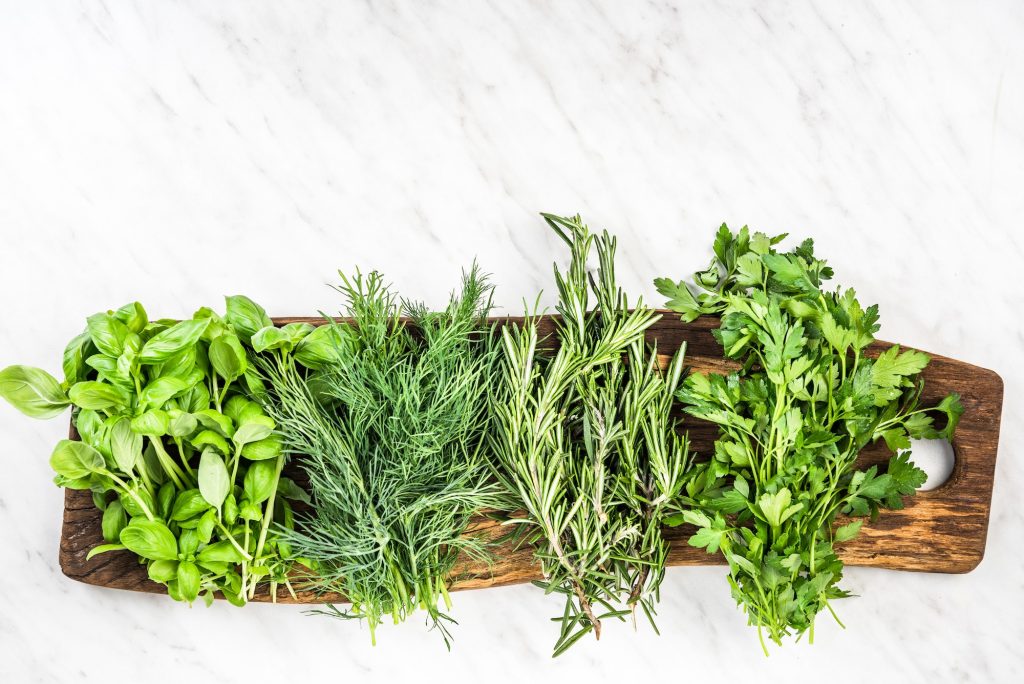
The journey to preserve your garden herbs begins with a critical first step: selecting the right herbs. Just as a house is only as strong as its foundation, the quality of preserved herbs significantly depends on the herbs you start with. Picking herbs that are vibrant in color and strong in aroma ensures that they are packed with essential oils, which translates into better flavor and longer shelf life. One can easily distinguish a high-quality herb from its inferior counterpart by observing its appearance and scent; discoloration and a weak smell are red flags.
Choosing the correct herbs not only sets you up for preservation success but also saves time and effort down the line. Different herbs have unique requirements when it comes to preservation methods. For instance, herbs like rosemary and thyme are more resilient and work well with multiple methods, while basil and chives are more delicate and may be better suited for freezing. Knowing the type of herbs you’re working with can streamline the preservation process and help you make the most of your herbal abundance.
Traditional Drying
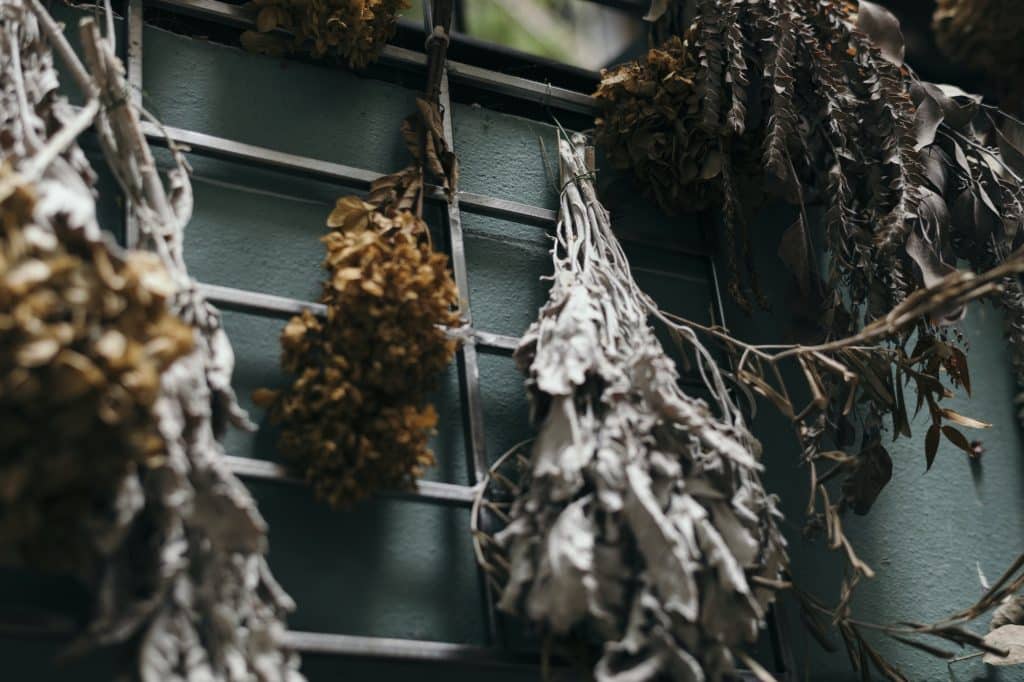
Drying is perhaps the oldest and most straightforward way to preserve herbs. Many find comfort in its simplicity; all you need are the herbs and some good old-fashioned air circulation. One popular method is air-drying, which involves tying small bundles of herbs and hanging them upside down in a warm, dry space with good airflow. Take care to ensure that the herbs are not exposed to direct sunlight, as this can degrade the essential oils and lessen the flavor.
However, for those looking for a more modern touch, food dehydrators offer a quick and effective alternative. Dehydrators work by applying gentle heat and air circulation to remove moisture from the herbs, thereby extending their shelf life. Unlike air-drying, which can take several days, dehydrating can preserve your herbs in just a few hours. Plus, the controlled environment in a dehydrator can often preserve the color and flavor of the herbs more effectively than air-drying.
Freezing Herbs For Freshness
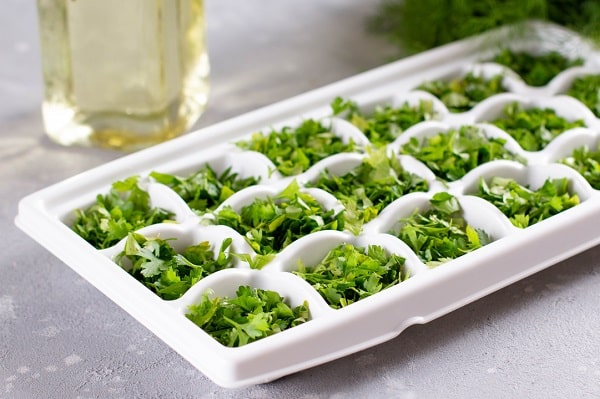
When drying herbs sounds too last-century for you, or you’re keen on preserving the fresh, vibrant flavors, freezing becomes the go-to option. Freezing herbs is almost like stopping time; it retains the color, texture, and, most importantly, the flavor of the herbs. You can prepare herbs for freezing by cleaning, chopping, and then placing them in an airtight bag or container. For an added twist, consider filling an ice-cube tray with chopped herbs and olive oil, freezing the cubes, and then transferring them into a ziplock bag.
Freezing herbs offers the luxury of having ‘fresh’ herbs on hand all year round. You can toss a cube of frozen basil and olive oil straight into your pasta sauce or stew without needing to defrost it first. There’s no need to let the winter months limit your culinary creativity. With your herbs snug in the freezer, you can continue to add that fresh, garden-grown flavor to your dishes whenever you like.
Creating Herb Oils And Butters
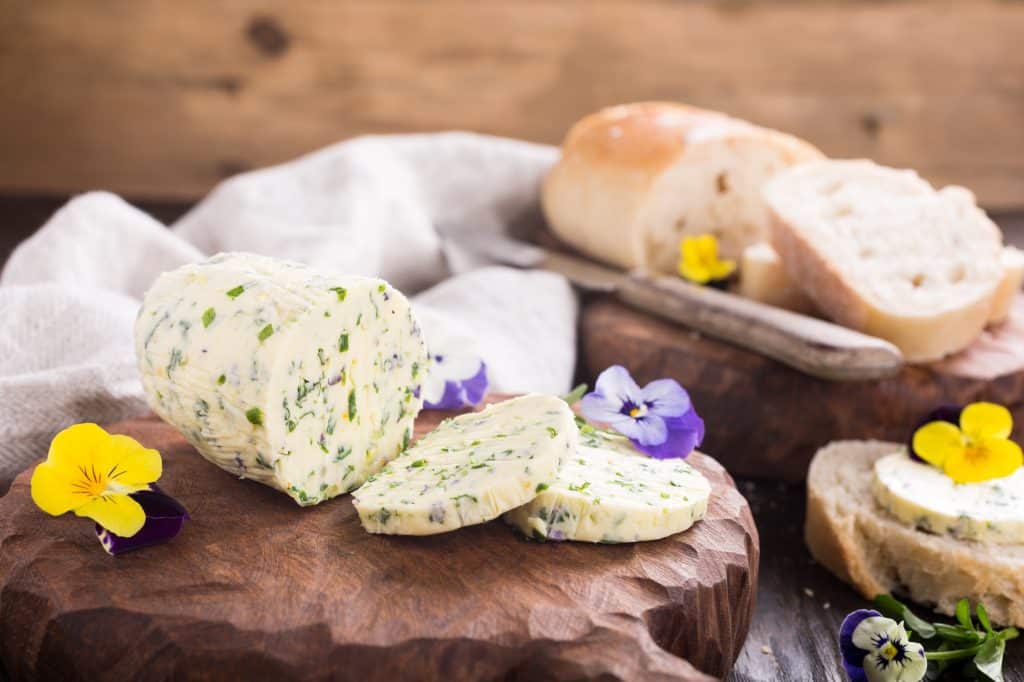
If you’re a fan of versatile kitchen staples, herb-infused oils and butters should be next on your culinary to-do list. These aromatic concoctions add a gourmet touch to simple dishes, elevating your cooking to a new level. Whether it’s drizzling basil-infused olive oil over fresh tomatoes or spreading rosemary butter on warm bread, the possibilities are endless. Preparing herb oils is a breeze: simply choose a base oil like olive or grapeseed, add your favorite herbs, and let the mixture sit until the flavors meld together. Different infusion methods include gentle heating or letting the mixture sit in a sunny window.
Herb butters offer another delicious avenue for preserving the flavors of your garden. The process is as simple as it is rewarding. Soften a stick of unsalted butter and mix it thoroughly with finely chopped herbs of your choice. Some classic combinations include garlic and parsley or rosemary and thyme. Once mixed, shape the butter into a log using plastic wrap or parchment paper, and refrigerate or freeze it. The next time you’re grilling a steak or making garlic bread, you’ll have herb butter ready to enhance your dish.
Crafting Homemade Herb Seasonings
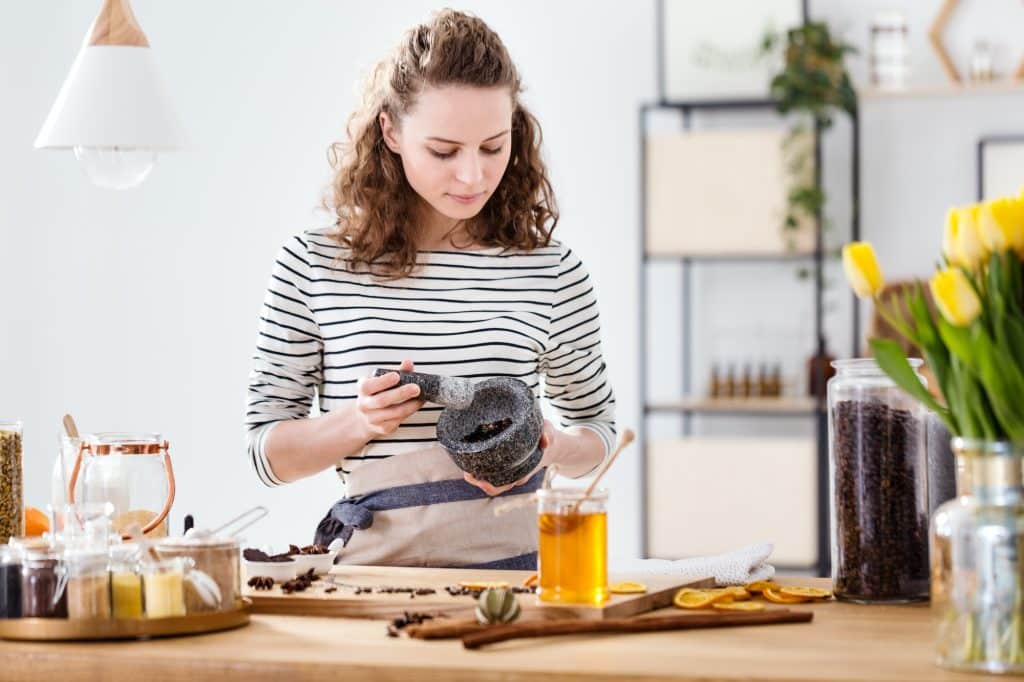
If the aroma of freshly ground spices excites your senses, then crafting homemade herb seasonings is right up your alley. Custom spice blends allow you to mix and match herbs according to your culinary needs. You’re in complete control of the flavors and can make adjustments to suit your specific taste. Popular herb combinations include Italian seasoning, made with oregano, basil, and thyme, or a Provençal mix with lavender, sage, and fennel. To make your seasoning, simply dry your chosen herbs, grind them using a pestle and mortar or a dedicated coffee grinder, and store them in an airtight container.
Besides offering you unlimited creative freedom, homemade herb seasonings have practical benefits. They are devoid of the fillers and preservatives found in many commercial blends, making them a healthier option. Plus, these custom spice blends make excellent gifts for friends and family. Imagine handing out jars of your homegrown, handcrafted seasoning mix at the next family gathering; it’s a gift from the heart and the garden, all in one.
Canning And Pickling Herbs
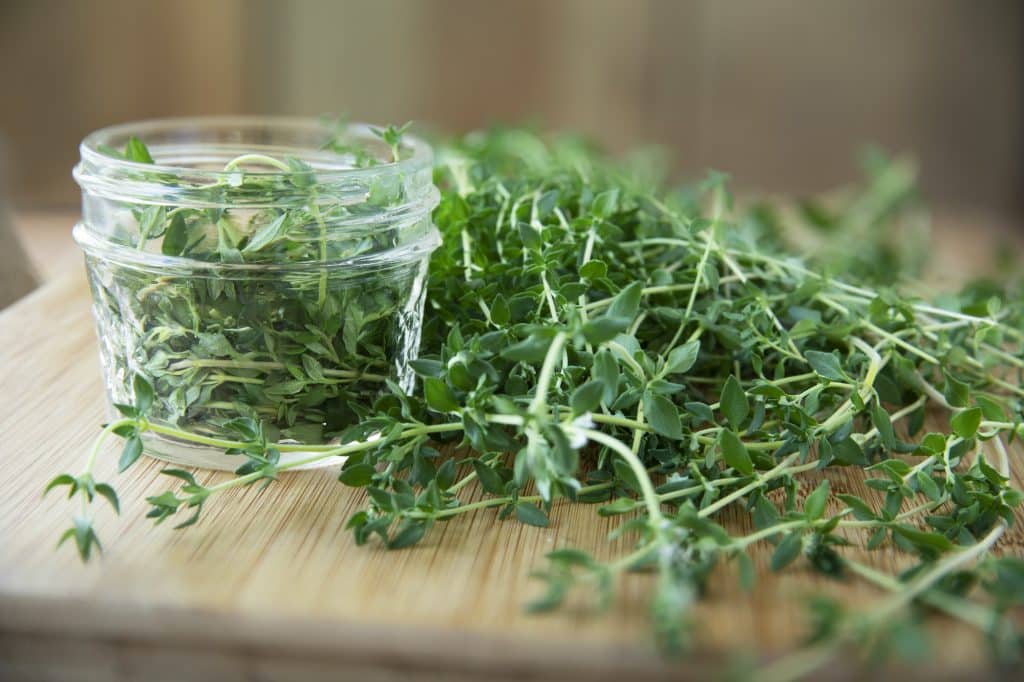
The words’ canning’ and ‘pickling’ often evoke images of rows upon rows of jars filled with summer’s bounty, waiting to be enjoyed in the heart of winter. And rightfully so, as these methods are excellent for long-term preservation. Canning herbs usually involve submerging them in hot, boiling liquid—often a brine or oil—then sealing them in sterilized jars. The vacuum seal created during the cooling process helps preserve the herbs and keeps bacteria at bay. Make sure to sterilize the jars and lids in boiling water before using them to ensure a safe canning experience.
Pickling herbs adds a tangy, vinegary twist to their profile, perfect for salads, sandwiches, and antipasto platters. To pickle your herbs, prepare a brine solution using vinegar, water, and sometimes sugar or salt. After adding your herbs to sterilized jars, pour the hot brine over them and seal the jars. Store the jars in a cool, dark place for optimal shelf life. Keep in mind that canning and pickling require meticulous attention to cleanliness and procedure to ensure the end products are safe for consumption.
Labeling And Storing Preserved Herbs
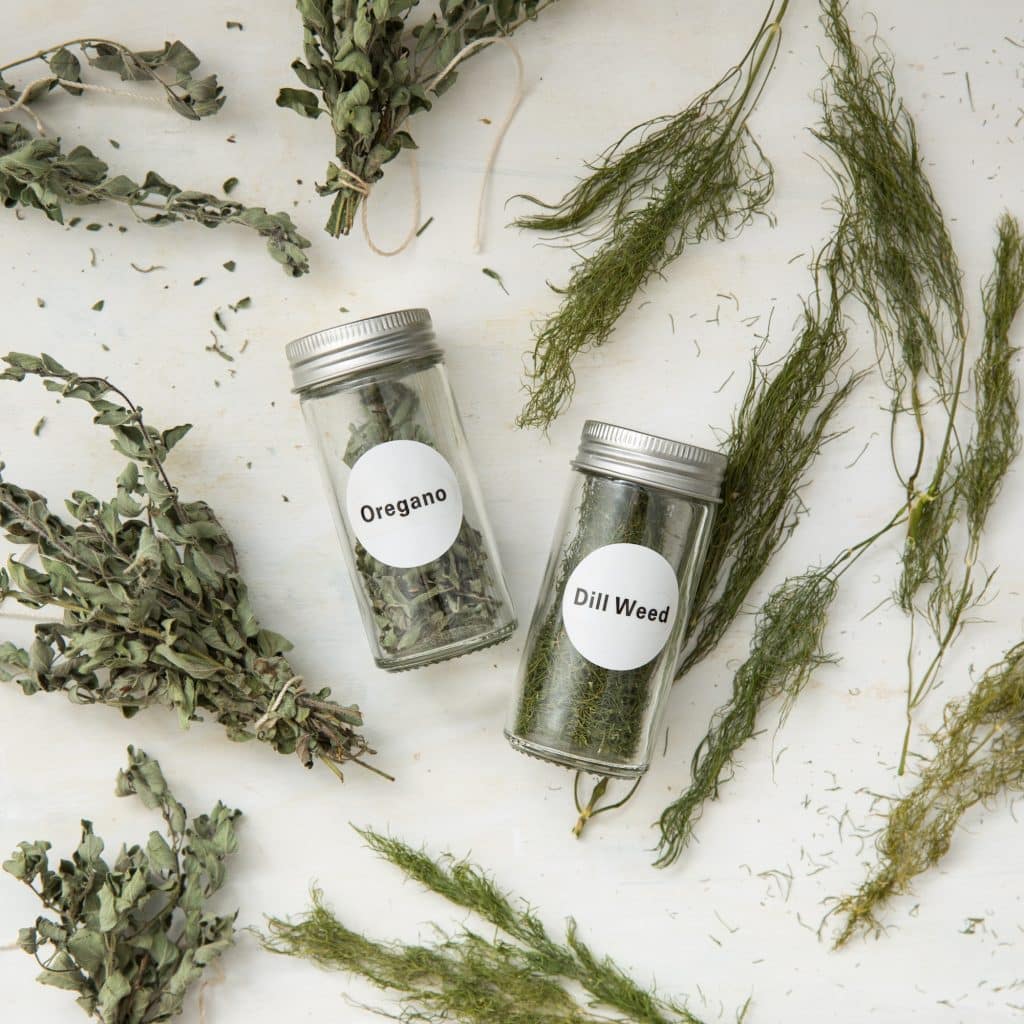
Now that you’ve put in all this work to preserve your herbs, don’t forget the crucial last step—labeling and storing them correctly. A label should include not only the type of herb but also the preservation method used and the date it was preserved. This helps you easily identify what you need when you’re in the middle of cooking and ensures you use your oldest preserves first. Proper labeling eliminates guesswork, making your cooking experience smoother and more enjoyable.
As for storage, each preservation method has its own set of guidelines. Dried herbs are best stored in airtight containers away from direct sunlight and moisture. Frozen herbs should remain in the freezer until needed, and canned or pickled herbs must be kept in a cool, dark place. Following these storage guidelines ensures that the quality of your preserved herbs remains high, allowing you to enjoy the fruits of your labor for many meals to come.
Start Preserving Your Herbs Today!
Your garden offers not just a seasonal delight but a year-round supply of flavor if you know how to preserve its bounty. With methods ranging from traditional drying to canning and pickling, you’ve got an arsenal of techniques at your disposal. Following this comprehensive guide ensures that each sprig of rosemary, leaf of basil, or bunch of thyme serves you well beyond its natural lifespan. So let this post be your go-to guide for making the most out of your herbal abundance, and may your culinary endeavors be ever-fragrant and flavorful!



